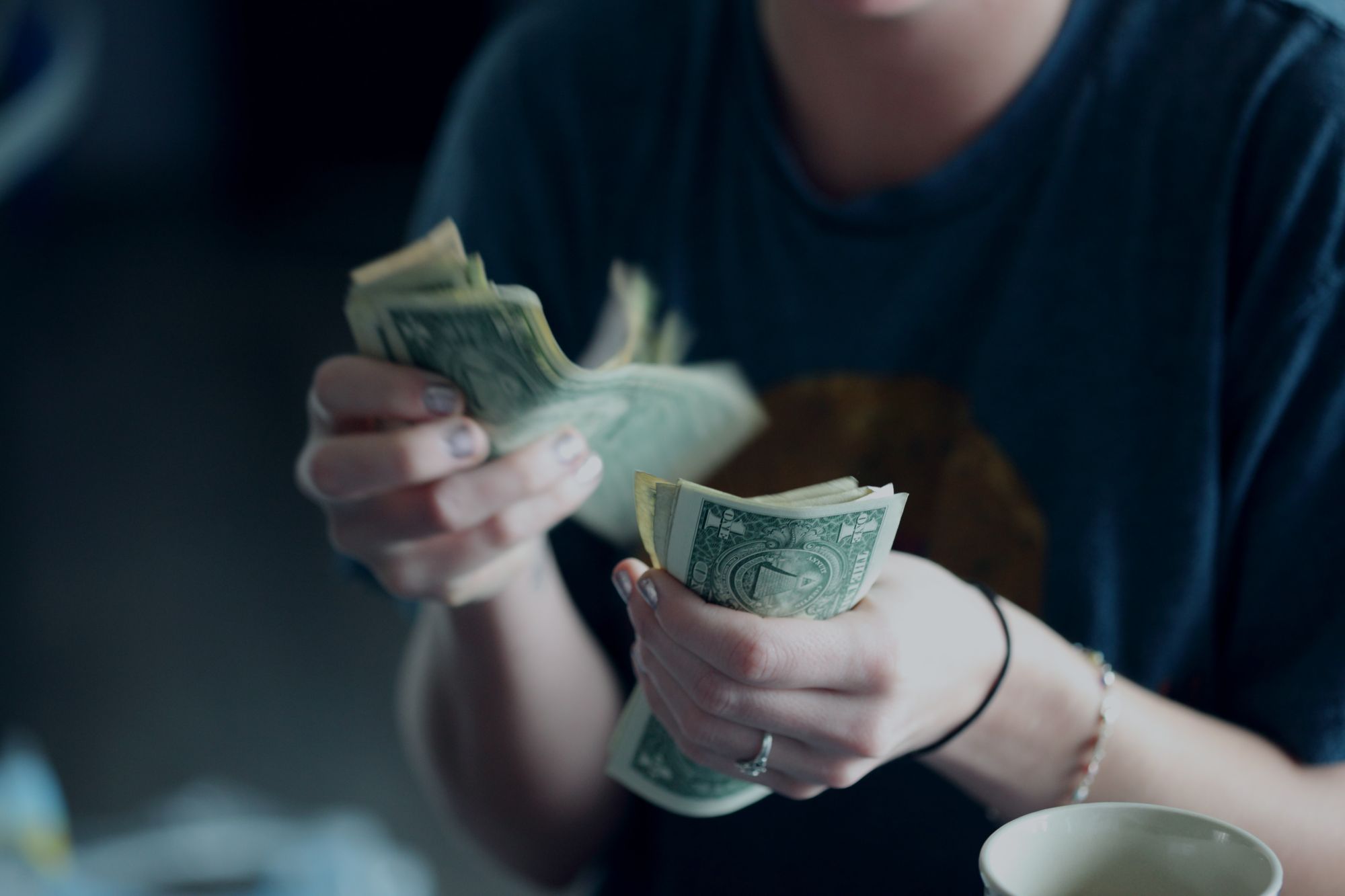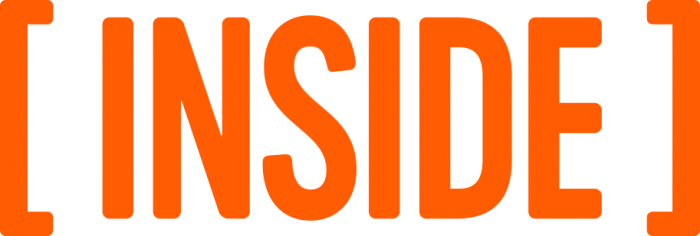Though the idea of Universal Basic Income (UBI) has become more prominent in popular discourse in recent years, Americans are still fairly split on whether a version of it should be implemented. In a 2019 USC poll, 37% said they supported UBI, 40% were opposed to it, and 23% had no opinion, indicating it may be a relatively new proposal for many Americans.
The specifics differ, but most UBI proposals suggest giving a modest amount of money, perhaps monthly, to every adult in the U.S., with a little extra money given to those with children.
It's an idea with some steam behind it – but would it really work? That's what several pilot programs have aimed to find out.

The Stockton Experiment
Starting in February 2019, the city of Stockton, California, started giving $500/month to 125 different residents. Participants were all over 18 and lived in a neighborhood with a median income at or below the city's median household income of $46,033 annually. They were to be given the money for 24 months with no strings attached.
The team that developed the program, the Stockton Economic Empowerment Demonstration (SEED), recently released results from the first year of the experiment. They found that individuals who received the money were, in general, healthier, with fewer incidences of depression and anxiety. Those who were unemployed were better able to find and secure employment and experienced less income volatility.
SEED believes that the money allowed some participants to say no to low-paying part-time work or gig economy jobs and focus on finding a better-paying, long-term position. The study refers to the connection between "financial scarcity" and "time scarcity." When money is hard to come by, people can't afford to give up any work opportunities in order to train for or seek a better position. Those with even just $500/month to fall back on had the peace of mind to dedicate themselves to better opportunities.
At the beginning of the experiment, 28% of those who received the money had a full-time job, a number which jumped to 40% in a year. (In the control group, full-time employment increased from 32% to 37%.)
There's one caveat to this study, which may bring that "no strings attached" claim into question. Participants received the money every month on a debit card, so SEED could see how they were spending it. They could use the debit card at a bank or ATM to get cash (and 40% of the money was withdrawn this way), but participants were still asked to detail how they spent it.
Opponents to UBI argue that giving people a truly unconditional source of monthly income – with no incentive to prove the program works or requirement to report one's purchases – would result in a large portion of it being spent on things like drugs or alcohol. However, thus far, available evidence shows that this isn't the case.
The New Leaf Project
Even though proponents of UBI say a monthly allocation would be given to everyone, regardless of income level, some studies have looked at targeting UBI specifically to those most in need.
The New Leaf Project, in Vancouver, British Columbia, distributed $7,500 cash payments to 50 homeless individuals (who weren't struggling with addiction or mental health issues) between 2018 and 2019. Another control group of unhoused individuals was not given any cash.
Members of the group who received the $7,500 were quicker to find stable housing accommodations and the majority were food secure within a month. Additionally, some of the individuals still had at least $1,000 left over after 12 months. 52% of the money was spent on food and rent, 16% on clothes and transportation, and 15% on medicine or other bills.
One of the major benefits to society of targeted UBI, The New Leaf Project believes, is that it costs less to simply give an unhoused person money (or housing) than to provide them with social services which are currently falling short. The research indicates that the project saved about $8,100 per person in social services costs.
Finland's experiment
One of the largest UBI experiments in the world was conducted in a place where most people are already doing quite well: Finland. The Nordic nation regularly ranks at the top of the U.N.'s World Happiness Report, and most citizens enjoy a relatively high standard of living.

Unfortunately, most researchers and proponents of UBI believe the results of Finland's trial to be mostly unusable. Finland made changes to its unemployment law midway through the experience, which impacted both the control group and the basic income group. Called an "activation model," it placed more conditions on accessing unemployment benefits, which decreased the benefits participants received even as they were getting funding from another source.
As a result, many in the basic income group didn't have significantly more income than they would have had in the control group.
Nevertheless, some participants found the experience liberating. Sini Marttinen told The New York Times that she felt freer to open a business with friends and less constrained by the bureaucracy she experienced having to report regularly on her job search to the government.
After a year and a half, though, there was little difference in employment levels between those who received the basic income and those who didn't. However, when final results were released last year, researchers acknowledged some of the issues in the experiment but were pleased to report that the €560/month (about $675) appeared to improve participants' overall wellbeing and financial security.
All in all, Finland saw a mixed bag of results, with some asterisks on the study's efficacy.
The Pandemic – an ongoing experiment
COVID-19 has given plenty of countries the opportunity to test out their own basic income experiments, albeit during circumstances that aren't easily controlled or testable.
Gyeonggi province in South Korea, which encompasses the large area surrounding the capital, Seoul, has been distributing payments to its residents on top of the stimulus payments given to all South Koreans during the pandemic. The funds have to be spent locally and they'll expire if not used.
Gyeonggi's governor and other adherents say the funds encourage people to go out and spend money in their area, which also helps small- and medium-sized businesses. Opponents of the region's program say adopting UBI as an exclusive cure-all could lead to the collapse of essential social services, which would still be needed. They also reject the notion of many UBI advocates that advancements in automation will lead to hundreds of millions of lost jobs.
Of course, the specific circumstances of COVID-19 make it hard to glean anything relevant about the Gyeonggi experiment or payments distributed elsewhere. Countries around the world provided either blanket checks or more targeted assistance in 2020, and it's going to take years to parse how effective they were at keeping people and businesses afloat, and if such assistance would be both beneficial and cost-effective outside of a pandemic.
One final thing to keep in mind is that not all Universal Basic Income experiments are created equal. There are a number of variables to consider, such as:
- Amount of money to give
- How often to give it
- What restrictions to place on recipients, in terms of where or how they spend the money
- Possible expiration date of funds
- The use of social services in conjunction with UBI
- Benchmarks of success
Essentially, the world community would likely have to conduct significantly more experiments than the ones referenced above to determine if UBI is a worthwhile system to adopt, and which variation would produce the greatest benefit.








